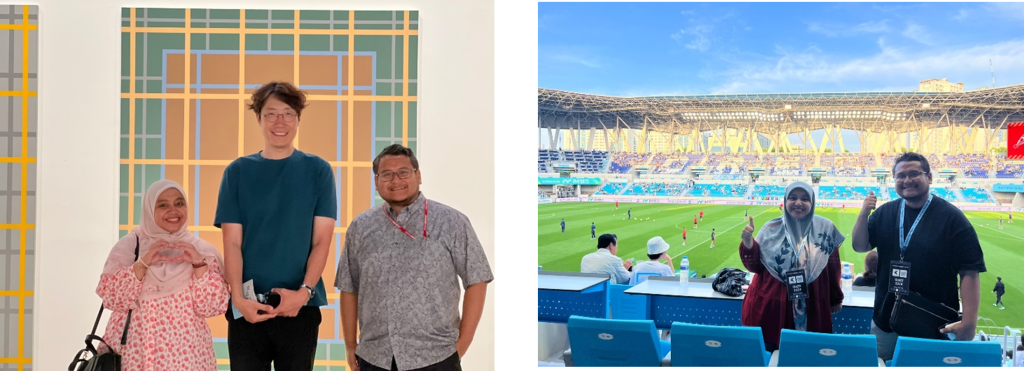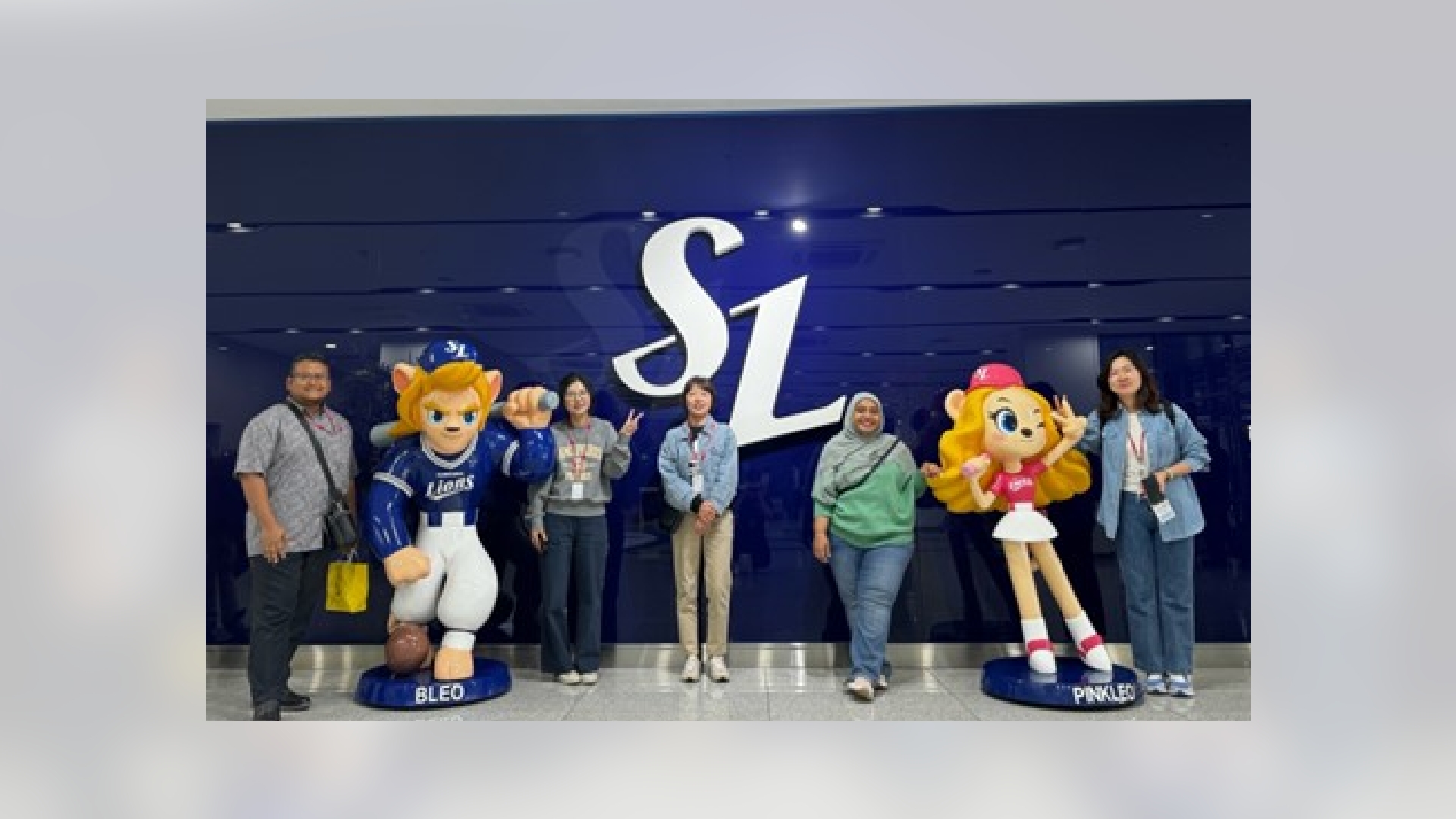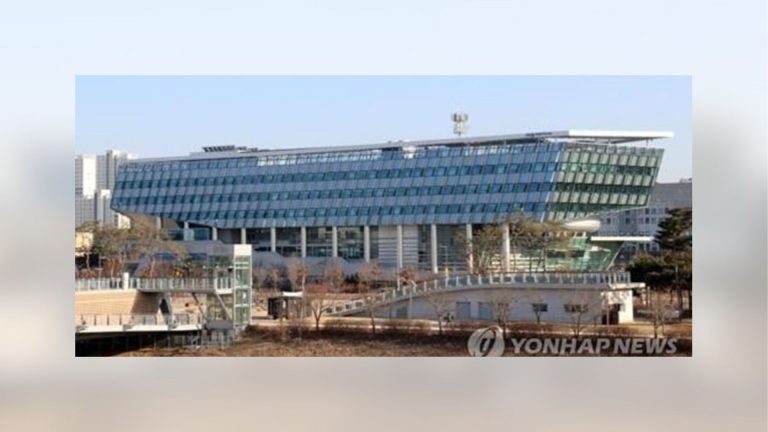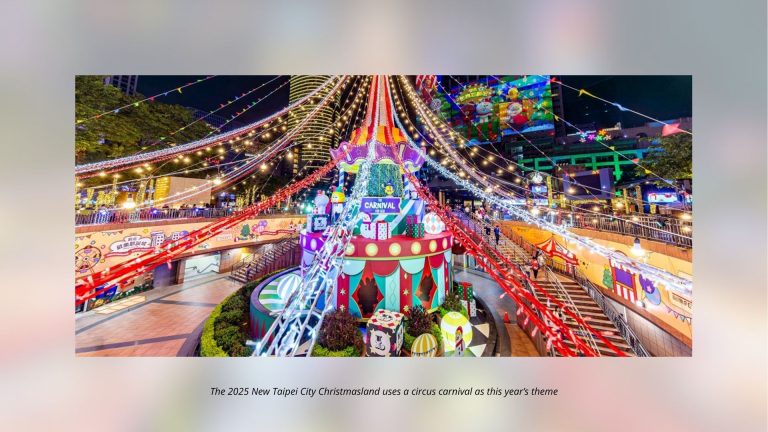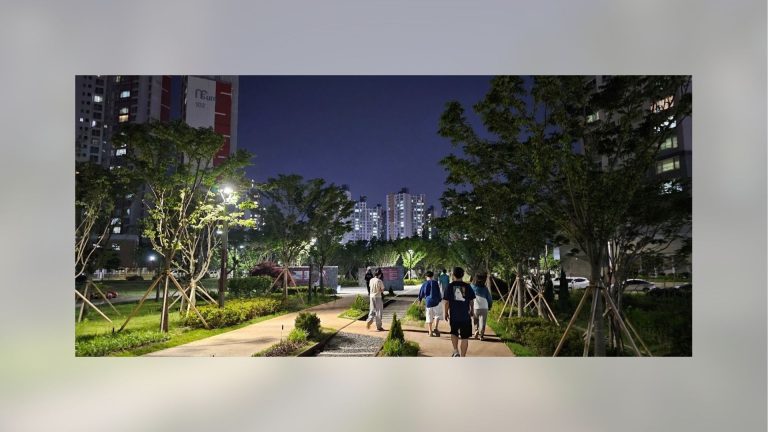Johor Bahru is the southernmost city in Peninsular Malaysia and is growing rapidly in terms of economy and development, thanks to its progressive policies, investor-friendly ecosystem and its strategic location at the southern gateway of Peninsular Malaysia, neighbouring the city-state of Singapore.
In recent years, Johor Bahru has piqued interest from other cities to establish twin city relationships and friendship city agreements. One such city was Daegu Metropolitan City, Republic of Korea.
Daegu city is one of the largest cities in Korea, positioning itself as the main player in medical innovation, smart city, textile, and technology base industry. It also holds its importance politically, and many Korean independent warriors hail from this city.
On March 23, 2023, Johor Bahru City Council received the visit of the Mayor of Daegu Metropolitan City, Mr Hong Joon Pyo, and his delegation. It was during this momentous visit that Johor Bahru City Council and Daegu Metropolitan City signed a friendship city agreement for future collaboration and cooperation that benefits both cities in the future.
After the first meeting in Johor Bahru, the Mayor of Johor Bahru, Dato’ Mohd Noorazam Bin Dato’ Haji Osman together with the Mayor of Iskandar Puteri and Pasir Gudang, visited Daegu Metropolitan City in September 2023 and was hosted by Mr. Hong himself and his officers. Despite the short visit, the hospitality from Daegu City was so memorable and provided valuable insights into the city, its progressiveness, culture, and way forward.
Since then, Johor Bahru has been invited to participate in various activities held by Daegu Metropolitan City such as the photography festival, Korea Heart to Heart Programme (K2H), discussion on the establishment of direct flight from Daegu to Johor Bahru, and the possibility for a friendly football match between a Malaysian football club titan from Johor and Daegu FC are on the discussion table. This continuous engagement between the two cities helps in strengthening the relationship and more collaborative efforts can be made in the future.
Currently, Johor Bahru has been focusing on incorporating smart city features in the city’s management, especially to anticipate the rising level of rivers and streams during monsoon seasons to lessen the impact of flashflood, Artificial Intelligence (AI) technology in the city’s surveillance camera to fight crime and to strengthen and multiply online services provided by the city council without compromising the personal data protection of the general public.
This is the area where Daegu and Johor Bahru can work either through government-to-government initiatives or driven by the private sector through technology transfer and licensing. Besides this, Johor Bahru welcomes companies from Daegu to invest in Johor Bahru, especially in the current scenario where the state and federal government is promoting Johor Bahru as the data centre hub and high technology manufacturing district which offers a lot of interesting benefits to investors.
While Daegu city has a reputable public transportation system in place for many years, Johor Bahru is catching up with the Rapid Transit System (RTS) connecting Johor Bahru and Singapore, with a scheduled completion by the end of 2026 and commence its first services in by 2027. Discussions are also underway for commuter lines connecting the east and west of Johor Bahru, and an elevated autonomous bus rapid transit to complete and support the whole public transport system to be built in 2027.
Johor Bahru can learn from Daegu city how to plan and execute an effective public transportation system that is convincing to the citizens, and at the same time, able to reduce congestion and air pollution in the city. Especially now that a lot of the projects are in the research and study phase, getting as much information and the modelled system will be beneficial.
Furthermore, Daegu City is also advanced in water management and has been rejuvenating the Sincheon Stream and Geumho River that flows into the city into public spaces and parks that the public can enjoy and exercise. The rivers were well taken care of, the banks were clear of any developments and planted with many trees and equipped with outdoor gyms, bicycle and jogging tracks, gazebos, and other amenities. Citizens can stroll along the river banks and enjoy the serene and calming sound of rushing waters and can even cross the stream to the other side through a stepping stone.
Since Johor Bahru is also committed to achieving the SDGs in creating a sustainable and habitable city, this is the area that can be given priority, especially on how to combat and minimise pollution, either chemicals or organic materials, because it has a big impact on human life especially for those who make a living from the river like local fishermen. Rivers and streams not only provide clean water for daily usage, but with proper planning and preservation efforts, they can turn into tourist attractions and create jobs and business opportunities for locals and at the same time create a haven for local flora and fauna.
In this time and era, cities do not have to compete and be triumphant, instead, cities should work together, hand in hand to improve the lives of its citizens while maintaining the balance between physical development and nature protection. Hopefully, the ties between Johor Bahru and Daegu will remain strong and enhanced with a lot of collaborations and achievements as a friendship city.
